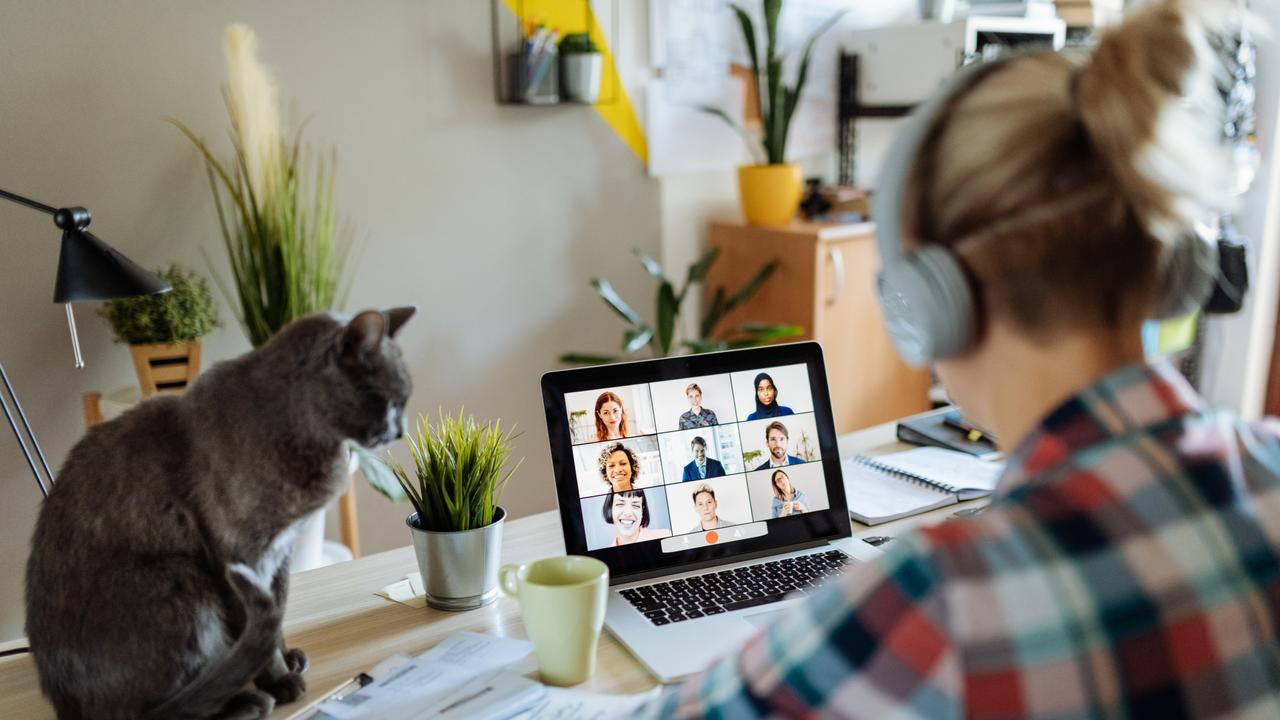Working harder for health
BOSSES are playing a greater role in improving their employees’ fitness.

AS company bottom lines improve, human resources staff and management are increasingly considering the health of their employees.
Corporate health provider Jobfit’s managing director Steven Harvey says Australian companies have not yet fully embraced the mindset that employers are partly responsible for taking care of employee health, whether it be through medical checks or vaccinations, or in family-friendly flexible hours, fitness initiatives and gym memberships.
“In Australia there’s still a mindset that it’s the government’s responsibility,” Harvey says.
“I don’t think that we’ve fully embraced that your employer will take care of your health, while in many countries the employer will take complete responsibility for their entire health and wellbeing.”
Harvey says some companies are put off by the cost of providing services, even if health checks such as blood pressure, diabetes screenings or vaccinations cost at most $35 per employee. Staff can also remain on-site without losing productivity.
Those consultations can save lives, he says, if staff detect high blood pressure or diabetes markers and refer to doctors or even emergency rooms.
“It’s more than putting in a little gym or providing memberships — the people who least need those things pick them up. It’s a perk for those people but if you’re 120kg and you smoke you’re not going to take up that membership because your employer wants you to.”
Harvey’s Jobfit operates in 32 locations nationally and specialises in corporate health programs for companies based anywhere from suburbs to remote mines.
Along with corporate health and basic medical testing, the company provides nurses and physiotherapists to fly-in fly-out workers, helping people who work long hours away from home.
He says many companies with a budget for corporate health initiatives are unaware of what their workers need — whether it be a fruit bowl in the tea room to gym memberships, exercise programs or skin cancer screenings.
Harvey says there is an increasing interest in medical screenings.
“It’s becoming more prevalent because we’ve got an ageing workforce and there are government incentives to employ workers to a much older age — 65 and 75 will become a much more common age,” he says.
“We need to start to manage type two diabetes and cardiac risk that were more relevant to retirees — but now they’re workers.”
But he says companies need to be aware of tokenism, and many also fail to take a significant interest in the mental health of workers or the need for greater work-life balance.
“All of the requests we have are about health and wellbeing programs, not looking at whether a person is spending enough time away from work,” he says.
“What we’re seeing is people being at work all the time because of technology. People are working longer hours and I blame technology — we’re all guilty of that with smart phones.”
University of Sydney’s joint head of the Ageing, Work and Health research unit, Philip Bohle, says while corporate offerings such as gym access, yoga to cut stress and stand-up desks to increase exercise are important to understanding employee health, managers need to dig below the surface.
He says that means looking at work-life balance, mental health, the work environment, flexible hours and conditions.
“It’s essential that the capacity for workers to meet the demands of their jobs — and how older workers can participate productively in the workforce — are considered,” Bohle says.
“They need to ask are you healthy enough and do you have the functional capacity to continue to do the work that you’re doing.”
* * *
Casino doesn’t dice with worker health
IT can be a tough job, working unusual hours and standing at tables or behind a bar at Adelaide Casino.
But the casino is ensuring workers are looked after, whether it be through meal provision or gym memberships.
Adelaide Casino human resources manager Cameron Tannock says the initiatives help to maintain employee health and wellbeing.
“As an employer you have a role to play in ensuring that people can maintain their health and wellbeing,” Tannock says.
“A healthier workforce means there’s lower absentees, lower costs, and a more engaged workforce.”
Initiatives include meals, free gym memberships, flexible rosters and discount parking.
The casino employs about 1100 staff, with just over 75 per cent undertaking shift work.
An employee working a full shift at the casino is entitled to a full cooked meal and two entree meals, covering breakfast, lunch and tea. A salad bar with fresh fruit is also provided.
Staff meals cost the casino $1.8 million a year.
Casino employee James Pishas says the meals are very helpful.
“It’s a really healthy option, it also saves the worries and the hassles of bringing food in every day,” Pishas says.
He saves about $5000 annually on meals alone.
Employee medical needs are looked after with flu vaccinations and regular blood pressure and cholesterol checks. “They’re pretty basic things but they obviously lead to further discussions between the employee and Bupa if there’s anything that is discovered,” Tannock says.
Mental health is also monitored, with an employee assistance program providing counselling.
The sessions are conducted with trained counsellors and psychologists, and information is confidential.
Three free sessions are available and also offered to immediate family members.
Louis Mayfield


